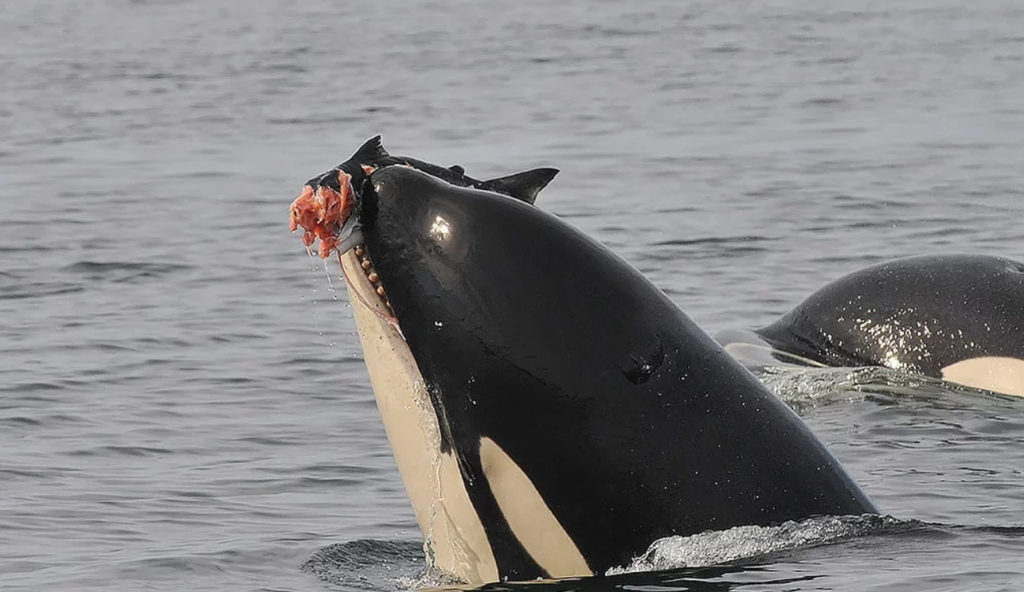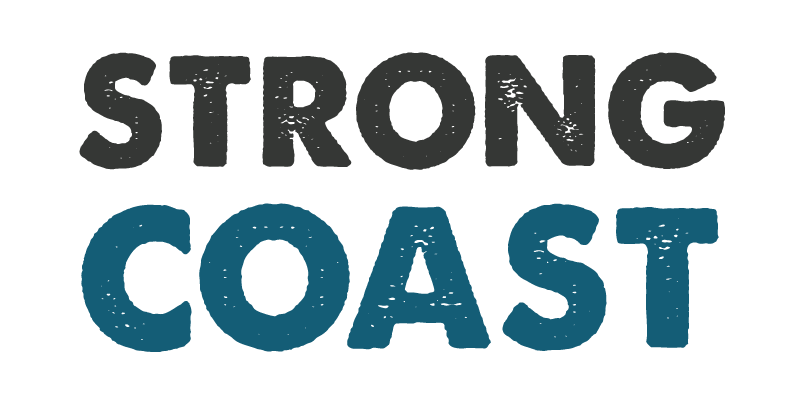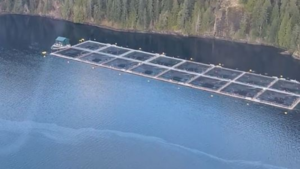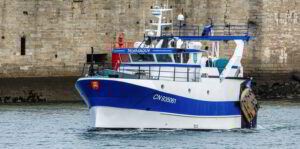
The Government of Canada has announced new measures and increased funding to protect the endangered Southern Resident killer whales of BC’s coast.
The new measures came into effect on June 1. The government is also investing $3.5 million in the protection of these whales. The five-year Conservation Agreement between the Government of Canada and the marine transportation industry, which pertains to the development and implementation of voluntary threat reduction measures to mitigate the impacts of large commercial vessels on Southern Resident killer whales, was also renewed.
This is a multi-departmental initiative, involving Transport Canada, Natural Resources Canada, Environment and Climate Change Canada, and Fisheries and Oceans Canada (DFO).
The measures for 2024 and 2025 include:
- Two mandatory speed-restricted zones near Swiftsure Bank, effective June 1 to November 30, 2024
- Two interim sanctuary zones off Pender and Saturna Islands, effective June 1 to November 30, 2024
- A voluntary speed reduction zone in Tumbo Channel, off the North side of Saturna Island
- The continuation of the requirement for vessels to stay at least 400 metres away from all killer whales, including a prohibition from impeding the path of all killer whales in southern British Columbia coastal waters between Campbell River and Ucluelet, including Barkley and Howe Sound. This will be in effect until May 31, 2025
- Disallowing the provision of whale-watching tours to see Southern Resident killer whales
- The closure of both recreational and commercial fisheries for salmon, the main component of Southern Resident killer whale diets, in key foraging areas in 2024 and 2025
- Additional measures to reduce contaminants in the environment affecting whales and their prey

To facilitate these measures, Transport Canada is providing $3.2 million over two years to the Vancouver Fraser Port Authority to continue the Enhancing Cetacean Habitat and Observation (ECHO) Program. The ECHO program’s role is to research and coordinate voluntary threat reduction initiatives for industry.
Transport Canada is also providing $300,000 to Ocean Wise to support their Whale Report Alert System (WRAS). WRAS was developed by Ocean Wise as an online alert system, notifying large commercial vessels of nearby whales. The vessel can then can then take the appropriate action to avoid disturbances or collisions, including slowing down.
The Southern Resident killer whales (Orcinus orca) are a distinct population of killer whales that inhabit Pacific coastal waters, particularly around British Columbia and Washington State. These whales are known for their unique social structure, diet, and behaviours. However, their population has been in decline for several decades due to various factors.
The Decline of Southern Resident Killer Whales
The Southern Resident killer whale population began to decline in the 1960s and 1970s due to live-capture operations for marine parks, which significantly reduced their numbers. Today, there are only 74 of these creatures left in the wild.
Southern Resident killer whales primarily feed on Chinook salmon, which has also been declining due to overfishing, habitat destruction, and other environmental factors. Multiple Chinook populations are considered Endangered in British Columbia. The lack of sufficient prey is a major factor in the decline of Southern Resident killer whales.

Another major threat to these whales is vessel traffic, which is set to increase on BC’s coast due to increased LNG and oil tanker traffic. Increased marine traffic leads to noise pollution, which can interfere with the whales’ ability to hunt and communicate, but can also lead to fatal collisions with whales.
DFO is undertaking additional research on long-term protection measures for killer whales in British Columbia, focusing on potential amendments to the approach distances outlined in Marine Mammal Regulations. DFO has initiated a national online public survey open until September 3, 2024, inviting Canadians to share their views on these proposed changes. Information on how to contribute to the survey can be found here.




